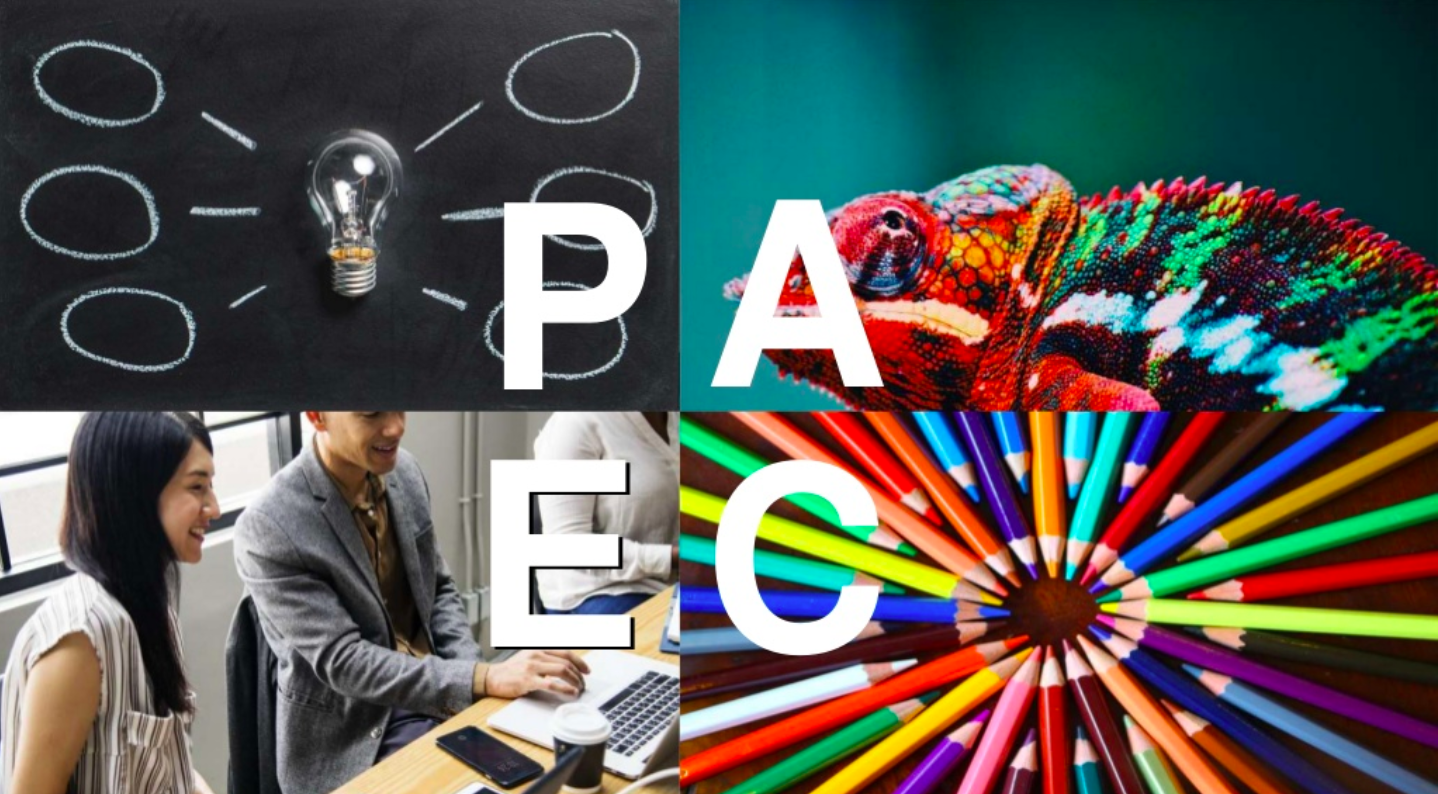The Future of Work
Earlier this week several of the O/TG team were lucky enough to have a chance to attend Gary Bolles’ keynote at AUT on Adaptive Leadership in the (Near) Future of Work. This was the final talk in the Project Connect series for 2018, and kudos to the organising team of AUT's Martin Bell, Hal Josephson, Anneke Basevi Lewis, the US Embassy's Mike Cousins and Datacom’s Kerry Topp for a fantastic lineup of speakers this year.
Gary isn’t new to these shores, and we were lucky to have hosted him at GridAKL and BizDojo when he was here in 2016. As chair for the Future of Work at SingularityU and serial founder, including of online career exploration tool eParachute, Gary is at the forefront of the conversation around adaptive leadership which sees a fundamental mindshift in how organisations are able to constantly adapt to the rapid change which is increasing exponentially around us.
The Future of Work discussion is not a new one by any means, but Gary’s perspective on how we need to disrupt the way we learn, how organisations operate, and how ecosystems come together so that all constituents can thrive, tells a compelling story about how we can prepare and adapt for the future.
Here are some of my top takeaways which resonated with me personally, and also with O/TG’s mission of building ecosystems to help cities and organisations face future problems with confidence.
If we can’t predict the future (with confidence) what can we do?
Futurist and illustrator Arthur Radebagh shaped Americans' expectations of what was to come through his futuristic illustrations in the 50s and 60s. From self driving cars, to jetpacks and warehouses operated by robots - these are concepts which as little as ten years ago most people would have called futuristic, but which today are a reality.
We are facing exponential change with the transition to a digital work economy. Our ability to predict the kinds of skills that will be required 10, 20 or 30+ years from now could be as fantastical as Radebagh’s work - so how do we prepare for these?
In 2017 PricewaterhouseCoopers published a blueprint for using science fiction to explore business innovation. And large multinationals such as Nike and Boeing are paying sci fi writers to predict their futures. But we don’t all have the budgets to have sci-fi writers on our team, and even if we did it doesn’t exactly prepare us for how we respond to these futures.
Gary asked the question “what is work?”. He sees it as using skills to perform tasks to solve problems and create value. We often hear about robots and software taking over our jobs - but as Gary succinctly put it, why is it necessary to define work - because robots and software don’t eat jobs - they perform tasks.
If we take the tasks out of the work equation, the way of the future is to develop Problem solvers who are Adaptive, Creative and Entrepreneurial (PACE) in their thinking. And if we want to have future generations who can be effective we should be dramatically rethinking the way we educate and look at developing that PACE mindset.
What if it is just about problems being solved - how do we integrate that into our organisations?
By applying the definition to organisations - seeing an organisation as a set of problem solvers, tasks and problems - we should be focussing in on problem solving, developing transferable skills and entrepreneurial mindsets. And the traditional corporate hierarchy needs to be reimagined, applying the concept of network thinking. Focussing in on transferable skills and identifying what an individual’s super powers are (ie, what they are both good at AND passionate about) - and pulling in the right people to solve a problem rather than being concerned with defined roles and responsibilities.
There are various schools of thought on how organisations should approach this challenge. One perspective promoted by Mark Boncheck of Shift Thinking, is to start in the core of an organisation and change mindsets to build a capacity for growth and change.
Another approach, proposed by John Hagel of Deloitte’s Centre for the Edge, is scaling from the edge of the organisation - tapping into external resources and networks rather than attempting to transform the organisations core. Over time as the impact and results become obvious, resources are pulled from the core into the edge.
Any way you look at it, organisations need to inherently change and become resilient and adaptive to face any challenges that the future might hold.
How can we build communities where our constituents thrive and build the most inclusive economies that we can?
For us to adapt and change to the digital work economy, thinking holistically in terms of ecosystems is critical. This is bigger than individuals and corporations - it requires an ecosystem approach so that all of the various elements required are brought together to create a better future for all.
This of course requires multiple players within our corporate, startup and government and education environments to firstly get clear on what the end goal is, and then work together cohesively to achieve this. Adapting the approaches we have gleaned from analysing what builds a successful entrepreneurial mindset and amplifying these factors. As always, I would love to connect with people and organisations that this strikes a chord with, and come up with building blocks together that we can all benefit from. If this sounds like you - get in touch.
Further reading:
Gary Bolles: Leadership and the Future of Work | 28 November 2018
Gary Bolles on Slideshare
Using science fiction to explore business innovation, PWC
Before the Jetsons, Arthur Radebaugh Illustrated the Future




